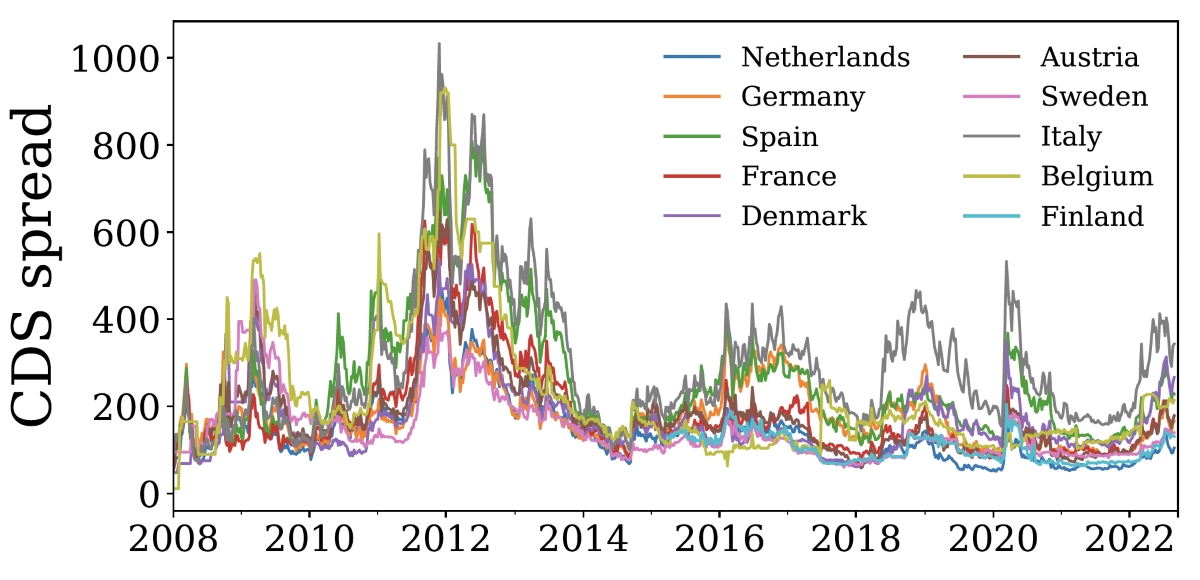

Finance
Trade Credit Definition
Published: February 9, 2024
Learn the trade credit definition and how it affects your business finances. Gain insights into the importance of finance in managing trade credit.
(Many of the links in this article redirect to a specific reviewed product. Your purchase of these products through affiliate links helps to generate commission for LiveWell, at no extra cost. Learn more)
Demystifying Trade Credit: An Essential Guide
When it comes to managing your financial well-being, understanding different aspects of the finance world is crucial. One such aspect is trade credit. But what exactly is trade credit, and how does it affect businesses? In this blog post, we will delve into the world of trade credit, shedding light on its definition, importance, and how it impacts the financial health of companies.
Key Takeaways:
- Trade credit is a form of credit extended by suppliers to businesses, allowing them to purchase goods and services on credit terms.
- Trade credit not only provides flexibility to buyers but also helps maintain a healthy cash flow by allowing businesses to defer payment for a certain period of time.
Let’s start by understanding the definition of trade credit. In simple terms, trade credit refers to the credit terms extended by suppliers to buyers. It allows businesses to purchase goods and services on credit, usually with a specified time period for repayment. While in some cases, trade credit is interest-free, it can also involve a certain interest rate depending on the agreement between the supplier and the buyer.
Now you might be wondering, why is trade credit important? Here are a few reasons:
- Flexibility: Trade credit gives businesses the flexibility to make purchases without immediately paying for them. This can be particularly beneficial for companies that have limited cash flow or need to invest in essential supplies for their operations.
- Cash Flow Management: By allowing businesses to defer the payment for a certain period, trade credit helps them better manage their cash flow. It provides a cushion, enabling companies to pay their suppliers while waiting for their own invoices to be settled.
- Building Relationships: Developing strong relationships with suppliers is crucial for the success of any business. By using trade credit responsibly, companies can establish trust and long-term relationships with their suppliers, often leading to better pricing, priority service, and other benefits.
Trade credit plays a significant role in various industries. For example, in the retail sector, suppliers often offer trade credit to their customers (businesses) to encourage them to make larger and more frequent orders. This not only helps businesses maintain a steady supply of goods but also enhances their competitiveness in the market.
It’s important to note that while trade credit can be advantageous, it’s crucial for businesses to manage it responsibly. Late payments or defaulting on trade credit can harm a company’s reputation and future credit availability.
In conclusion, trade credit is a vital component of the financial ecosystem, offering businesses the flexibility and cash flow management they need to thrive. By understanding the definition and importance of trade credit, companies can make informed decisions when it comes to managing their finances and building strong supplier relationships.
If you have any further questions about trade credit or would like assistance with managing your financial affairs, feel free to reach out to us. We are here to help you navigate the complex world of finance.














